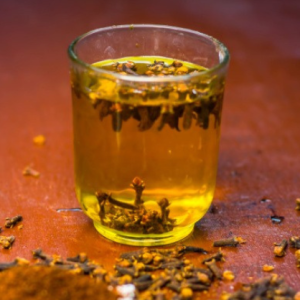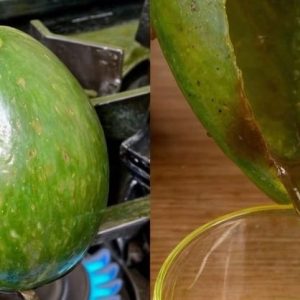
Guava is more than just a delicious tropical fruit — it may also play a powerful role in helping manage blood sugar levels. For people living with diabetes, or anyone looking to prevent it, guava offers unique nutritional benefits that support better glucose control.
1. Low Glycemic Index (GI)
Guava has a low glycemic index, meaning it does not cause rapid spikes in blood sugar after consumption. This makes it a safe and smart fruit option for individuals with diabetes who need to keep their glucose levels stable.
2. High in Fiber
One of guava’s biggest strengths is its dietary fiber content, especially soluble fiber, which helps:
- Slow down sugar absorption in the gut
- Improve digestion and gut health
- Prevent sharp rises in blood sugar after meals
Additionally, fiber increases satiety, which can help with weight management—a critical factor in maintaining healthy blood sugar levels.
3. Packed with Antioxidants and Nutrients

Guava is rich in several nutrients and bioactive compounds that may enhance metabolic health, including:
- Vitamin C – supports immune function and reduces oxidative stress
- Potassium – helps regulate blood pressure and cardiovascular health
- Flavonoids (such as quercetin) – linked to improved insulin sensitivity and reduced inflammation
Together, these compounds may contribute to better blood sugar control and overall health.
4. Guava Leaves: A Traditional Remedy
Beyond the fruit itself, guava leaves have long been used in traditional medicine to manage blood sugar. Modern studies suggest that guava leaf tea or extracts may:
- Lower post-meal blood glucose levels
- Inhibit enzymes that convert carbohydrates into glucose
- Improve insulin function
Drinking guava leaf tea is a simple, natural way to support blood sugar regulation.
How to Use Guava for Blood Sugar Control

- Eat the fresh fruit raw (preferably with the skin, if pesticide-free)
- Brew guava leaf tea by boiling dried leaves in water for about 10 minutes
- Avoid processed guava products like sugary juices or canned fruit
- Stick to moderate portions, as guava still contains natural sugars
Important Note
While guava can support healthy blood sugar levels, it is not a substitute for prescribed medication or professional treatment. Always consult with your healthcare provider before making significant changes to your diet or using herbal remedies such as guava leaf tea.
Conclusion: Guava is a nutrient-dense, fiber-rich fruit that can help stabilize blood sugar, reduce inflammation, and improve overall metabolic health. By enjoying guava in moderation and incorporating guava leaf tea, you can add a natural boost to your diabetes management plan.




